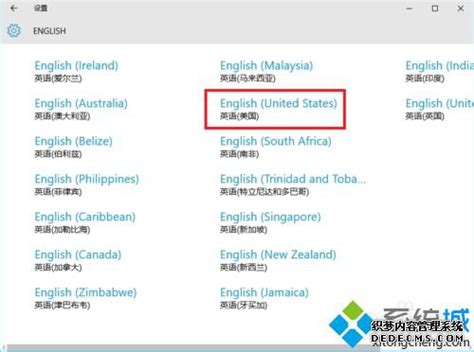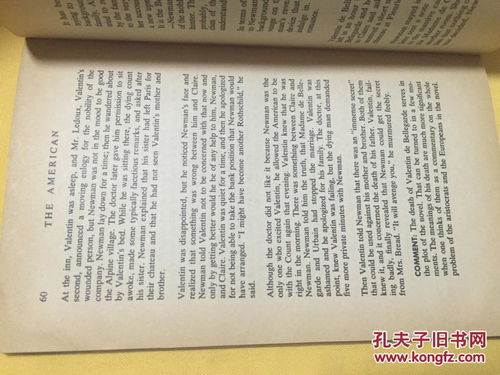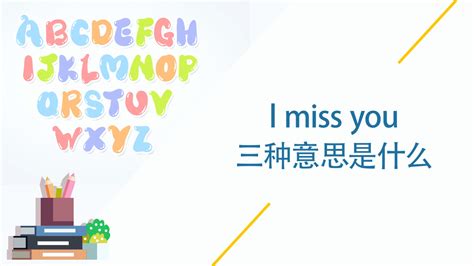What Does '到时候再说' Mean in English?
When the time comes, we'll see" – Unraveling the Phrase "到时候再说" in English

In the realm of cross-cultural communication, the art of translating idiomatic expressions can often pose a unique challenge. These phrases, rich in cultural context and nuances, often defy direct, literal translations. One such Chinese idiomatic expression that encapsulates a sense of deferment and flexibility is "到时候再说" (dào shíhòu zài shuō). This phrase, roughly translated as "we'll see when the time comes," conveys a mindset of not rushing into decisions but rather waiting for the appropriate moment to assess the situation and act accordingly.
The Essence of "到时候再说"
At its core, "到时候再说" embodies a philosophy of living in the present while being open to future possibilities. It suggests a willingness to remain agile and adaptable, not tying oneself down to premature commitments or predictions. This mindset is particularly prevalent in Chinese culture, where harmony, balance, and respect for the flow of time are highly valued.
In everyday conversations, "到时候再说" is frequently used in various scenarios:
When asked about plans for the future: "I haven't decided yet; we'll see when the time comes."
In response to an invitation that requires scheduling: "Thank you, but I'm not sure about my availability yet. Let's wait and see."
When faced with a decision that seems premature: "It's too early to say; we'll cross that bridge when we come to it."
The English Equivalent: A Nuanced Translation
While a literal translation of "到时候再说" might seem straightforward as "we'll see when the time comes," capturing its full essence in English requires a bit more finesse. The phrase conveys more than just a simple postponement of decision-making; it also suggests a mindset of patience, openness, and adaptability.
1. "We'll Cross That Bridge When We Come To It"
One English idiom that resonates closely with "到时候再说" is "we'll cross that bridge when we come to it." This phrase signifies a willingness to face challenges as they arise, without dwelling too much on future uncertainties. It emphasizes practicality and a focus on the present, with the understanding that future problems will be addressed when they actually present themselves.
2. "Let's Wait and See"
Another common English expression that captures the spirit of "到时候再说" is "let's wait and see." This phrase conveys a sense of caution and a reluctance to make premature judgments or commitments. It suggests a willingness to observe and assess the situation before making a decision, echoing the patience and openness inherent in the Chinese idiom.
3. "Play It By Ear"
"Play it by ear" is another English idiom that shares similarities with "到时候再说." This phrase means to make decisions or take actions based on the situation at hand, rather than relying on pre-planned strategies. It implies flexibility and a readiness to adapt to changing circumstances, much like the Chinese idiom encourages.
Cultural Context and Implications
The prevalence of "到时候再说" in Chinese culture reflects a broader societal emphasis on harmony, respect for hierarchy, and the importance of maintaining balance in all aspects of life. In Chinese society, rushing into decisions can be seen as disruptive and disrespectful, especially in contexts where group harmony and consensus are highly valued.
By contrast, Western cultures often prize decisiveness and efficiency, viewing proactive planning and goal-setting as positive attributes. However, even in these cultures, the value of flexibility and adaptability is increasingly recognized, particularly in fast-paced, unpredictable environments.
The translation of "到时候再说" into English, therefore, serves as a bridge between these cultural perspectives. It highlights the importance of maintaining a balance between proactive planning and adaptive flexibility, acknowledging that both approaches have their place in different contexts.
Practical Applications in Cross-Cultural Communication
In cross-cultural communication, understanding and accurately translating idiomatic expressions like "到时候再说" can significantly enhance mutual understanding and cooperation. Here are a few practical tips for effectively communicating this mindset in English:
1. Context Awareness: Always consider the context in which the phrase is used. Different situations may require different English expressions to convey the same mindset.
2. Nuanced Language: Opt for English idioms that capture the nuances of the original Chinese phrase, such as "we'll cross that bridge when we come to it" or "let's wait and see."
3. Openness and Flexibility: Emphasize the underlying mindset of openness and flexibility, even if the exact words differ. This will help bridge cultural gaps and foster a more collaborative atmosphere.
4. Active Listening: Be attentive to the non-verbal
-
 What Does 'Lomo' Mean in English?资讯攻略12-05
What Does 'Lomo' Mean in English?资讯攻略12-05 -
 What Does 'Queen' Mean in English?资讯攻略02-15
What Does 'Queen' Mean in English?资讯攻略02-15 -
 What Does 'Cellular' Mean in English?资讯攻略12-03
What Does 'Cellular' Mean in English?资讯攻略12-03 -
 What Does 'Monarch' Mean in English?资讯攻略12-03
What Does 'Monarch' Mean in English?资讯攻略12-03 -
 What Does 'Miss You' Mean?资讯攻略12-30
What Does 'Miss You' Mean?资讯攻略12-30 -
 What Does 'Enthusiastically' Mean?资讯攻略01-15
What Does 'Enthusiastically' Mean?资讯攻略01-15












